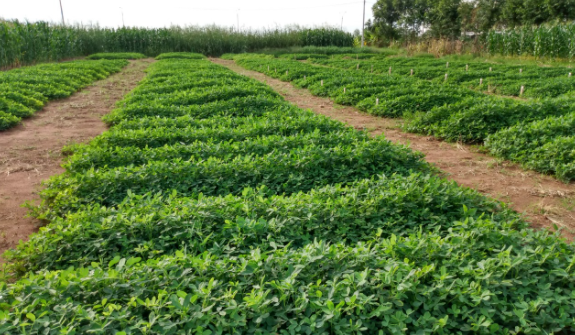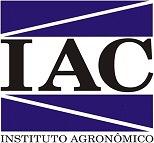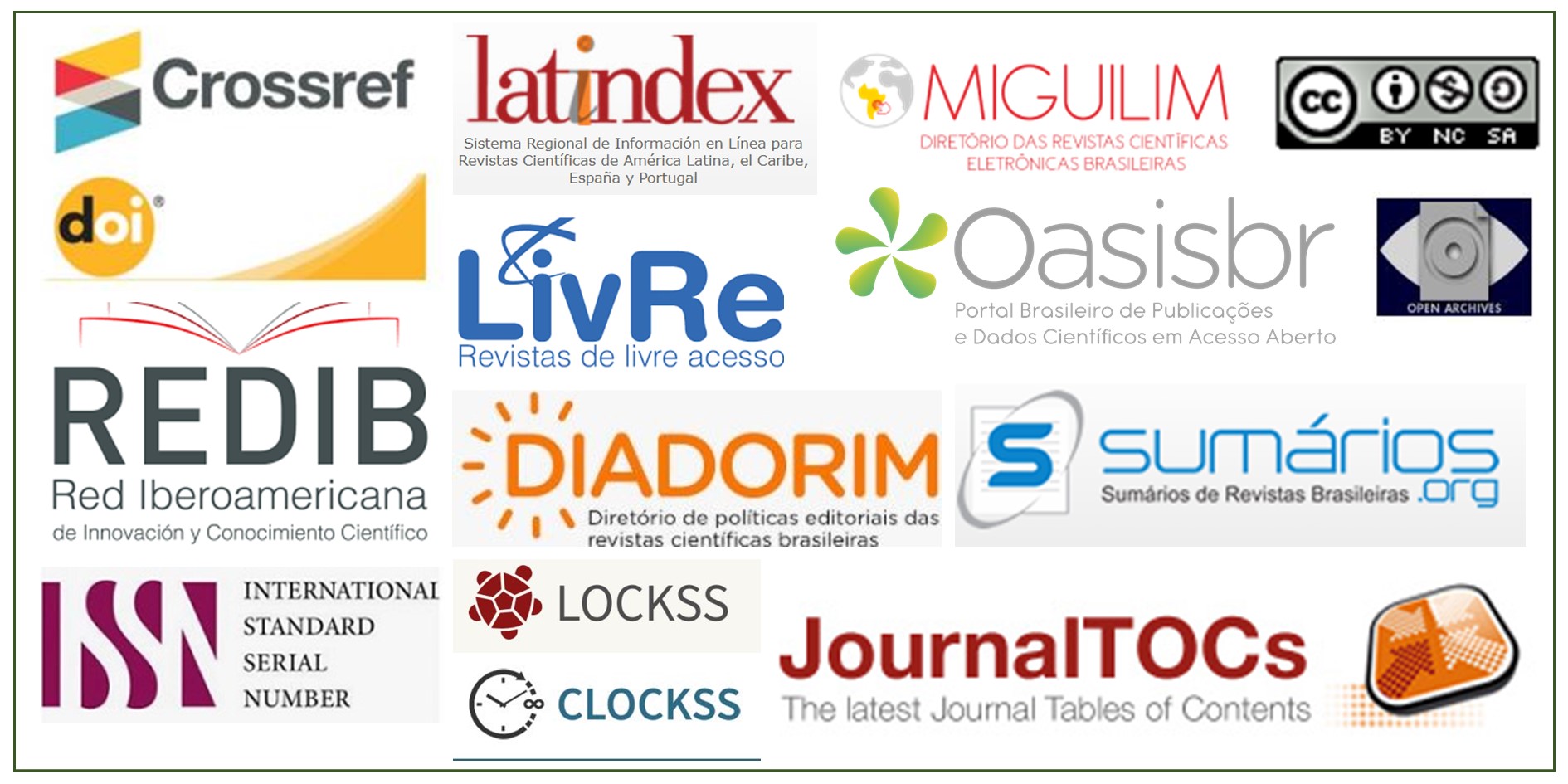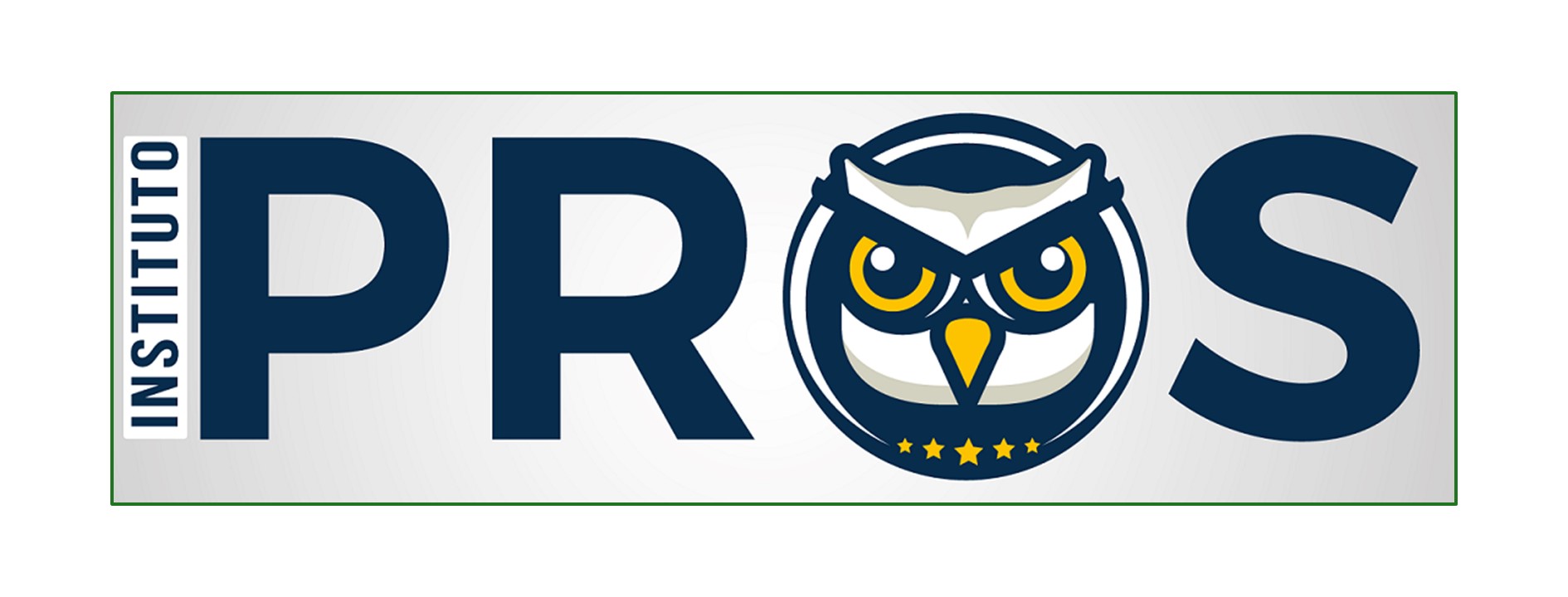Agronomic performance of final peanut lines under the conditions of Campo Verde-MT
DOI:
https://doi.org/10.17648/sas.v1i1.11Keywords:
Arachis hypogaea L., Improvement Program, Productivity, Peanut in Mato GrossoAbstract
This study aimed to evaluate the agronomic performance of final peanut strains. The experiment was carried out in the agricultural year 2019/20, an experimental area of "‹"‹the Federal Institute of Education, Science and Technology of Mato Grosso – Campus São Vicente, Campo Verde Reference Center, located in the municipality of Campo Verde – MT. The experimental design used was in randomized blocks, with four replications. The treatments consisted of four final peanut strains: 18-1900 OL, 18-1965 OL, 18-1973 OL, 18-2133 OL and one cultivar: BRS 421 OL, both developed by Embrapa's Peanut Breeding Program. The plots were composed of two lines of three meters in length, spacing between lines of 0.90 m, interval between plots of two meters and a useful plot of 5.4 m2. Severity of black spot, mass of 100 grains and pod yield were evaluated. The cultivar BRS 421 OL and lineage 18-2133 OL obtained the lowest black spot severity scores. The most productive genotypes were BRS 421 OL, 18-1973 OL, 18-1965 OL and 18-1900 OL, both with yields greater than 5,500 kg/ha-1, under cultivation conditions in Cerrado Mato-Grossense.
Downloads

Downloads
Published
How to Cite
Issue
Section
License
Autores concordam com os seguintes termos:
a) Os autores mantêm os direitos autorais e concedem à revista o direito de primeira publicação, com o trabalho simultaneamente licenciado sob a LicençaAttribution-NonCommercial-ShareAlike 4.0 International, que permite o compartilhamento do trabalho com reconhecimento da autoria e publicação inicial na Revista SAS. A licença permite o uso, a distribuição e a reprodução irrestrita, em qualquer meio, desde que devidamente citada a fonte. Essa licença permite também que outros remixem, adaptem e criem a partir do seu trabalho para fins não comerciais, desde que atribuam a você o devido crédito e que licenciem as novas criações sob termos idênticos.
b) Não cabe aos autores compensação financeira a qualquer título, por artigos ou resenhas publicados na South American Sciences.
c) Os conceitos expressos nos artigos publicados na South American Sciences são de inteira responsabilidade de seus autores.








